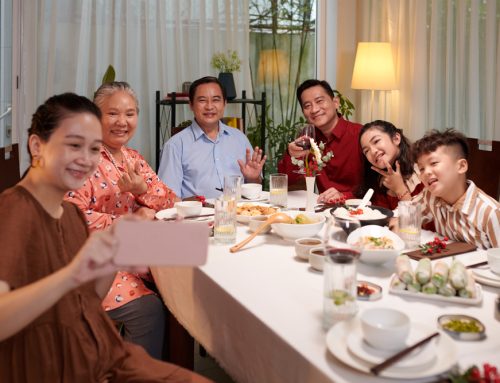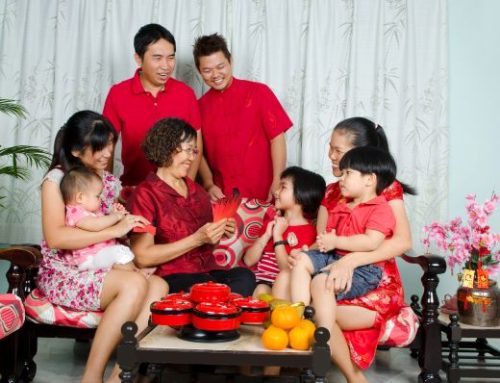As some of you may know, Malaysia had its election yesterday, 5th of May, 2013. On my Facebook timeline, it was all about the election. Later today, I should be able to find out the results.
There was one post that I was particular interested in; it was posted by one of my cousins. One of my cousin-in-laws was one of the candidates, and her 8 year old son innocently wore her party badge and photo to school. Unfortunately that party was not one of the popular parties, and the boy was cruelly jeered, and shown finger gestures…by his schoolmates.
Naturally he was upset and in shock as to what had happened, as he was not aware of the implications of his actions. He was not aware that it was not him that his schoolmates were jeering; it was their individual beliefs that were in conflict.
I thought it was an interesting issue that rose through this example Looking at my cousin’s son’s experience, the kids are just primary school children. Where do you think they “inherit” the political sentiment from? Family? Media? The community?
We must realise that as an adult, we stand in the position of power and influence. Your thoughts, words and actions will influence your children, whether intentionally or unintentionally.
Young children learn from observation, they believe what you and the adults around them believe (until such time they are able to make their own decisions) – assuming that’s why the son thought wearing the badge with the party logo/picture of the Mum was a way to support her beliefs – However, it would have been helpful if the son had known what the badge represented, what it meant and what to expect…
What can we as adults learn from this example?
- As an adult, without shielding the kids from what’s happening around them, impart your views and knowledge calmly. Be responsible and guide them to think rationally. Teach them to form their own judgement and views, and encourage them to have their own convictions.
- It is good for children/teenagers to realise that their every action (i.e. wearing the neck badge with the party logo) they take, bears responsibility.
- When someone is upset or abusive about your actions and representations, it is not about you; it is a conflict of beliefs.
- Learn to communicate your conflict calmly and rationally.
- Respect other people’s views and beliefs, and do not be judgmental, as everyone has different life experiences.
I would love to hear your thoughts. Please share any comments below.







Leave A Comment